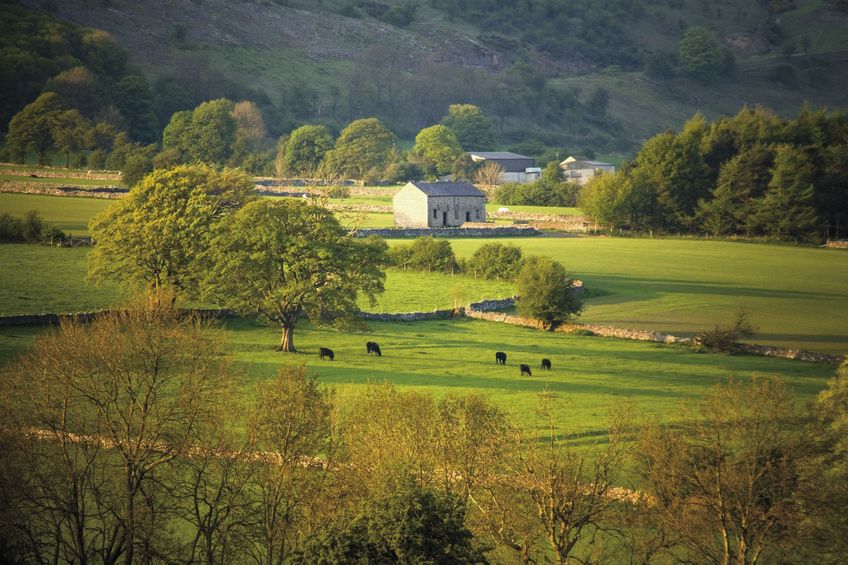
Demand for housing and infrastructure is set to soar in the coming years leading to a likely tripling in compulsory purchase actions in the countryside.
This is according to the Central Association of Agricultural Valuers (CAAV), who said the rising UK population has led to a shortage of housing.
Recent changes in legislation pave the way for the compulsory purchase of land for housing development, alongside any nationally significant infrastructure projects like large transport links, energy lines, and water pipes.
This means that, at a time when the government desperately needs to create more housing and infrastructure, such acquisitions will become increasingly likely.
Jeremy Moody, secretary and adviser to the CAAV said: “The UK population – which has just grown by the largest annual amount since 1947, to 65.6 million people - is forecast to reach 75 million by 2033.
“The nation is already short of houses – according to a report published 13 years ago we needed to build 200,000 houses a year, and we haven’t done it, so we’re between 2 million and 3 million houses short.”
Private rights
Housing development and large infrastructure projects like HS2 are already moving on, and Brexit is likely to sharpen the government’s focus on economic development, added Mr Moody.
However, Brexit will raise some challenges in that half of the building workers in London alone are non-British.
“The government will have to find ways to make housing development quicker and cheaper; and I think compulsory purchase powers are likely to become part of that.”
Such a move does raise concerns over private rights, as the Housing and Planning Act 2016 allows developers of nationally significant infrastructure projects to acquire the land at existing use value.
“It’s long been the case that organisations acquiring land for infrastructure must pay compensation to the landowner, at existing land use value,” explained Mr Moody.
“However, never before have they been able to do the same for housing development. This raises important questions about the ethics of denying landowners any profitable uplift in capital value, instead transferring it to the developers’ pockets.”
However, the CAAV said there will also be opportunities for landowners to capitalise on demand for housing, whether through converting redundant farm buildings or investing in larger developments.
